Natural disasters, such as cyclones, can be fore-cast while other emergencies can happen without warning such as earthquakes fires, and floods. An emergency plan is the most effective process to follow to avoid injuries and loss of life in the event of any catastrophe.
As an example, Hurricane Harvey was just the beginning of a catastrophic event in the United States. Tropical Storm Harvey’s extensive rainfall caused parts of Texas including Houston and the surrounding region to flood. The devastating hurricane Irma that followed days later was recorded as the biggest storm cell ever in the Atlantic; it headed across the Caribbean devasting islands in its path before making landfall in South Florida. Evacuation of around 6 million residents was ordered ahead of Irma making landfall, with special emphasis on those with special needs. Emergency services across the globe are prepared for these types of events, with detail plans to cope with mass evacuations and destruction of services. You have to prepare in your own smaller way to develop a plan, rehearse the plan and be prepared for these types of events if you live or work in areas prone to natural disasters.
It’s time to ask yourself, is your residence or business prepared to handle natural disasters? It’s hard to recover from an unlikely event such as Hurricane Harvey and Irma without a high level of personal and financial loss. However planning to prevent injuries and loss of life and doing what you can to reduce its effects can make the difference between a business surviving natural disasters and one that may have to shut its doors for good.
Start your preparations by asking yourself the following questions:
-
Is your workplace physically protected from Natural Disasters?
Physical safety might include inspecting the strength of the building, making sure trees and other vegetation is clear of the property, securing any outdoor objects such as chairs or tables having stock of sandbags, mops, buckets, and cleaning material for a flood or cyclone cleanup
-
How do we keep people safe in your workplace if a Cyclone strikes?
You should receive sufficient warning from the Bureau of Meteorology that a Cyclone is approaching. Commence boarding up windows, clearing objects that could become missiles in high winds. Then prepare occupants and employees – inform employees to work from home or take a day off. You and your employees should follow evacuation plan and procedure unique to the business you have.
You should be prepared, with an evacuation plan suited for your workplace even if the emergency authorities do not notify you to evacuate. In some cases, you and some employees could be stranded at the office; cut off by flood waters, or fallen objects. You should consider the same natural disaster preparations you have at home, permitting you to remain on site alternate electricity from a generator as well as supplies for up to three days. That means canned goods, as many litres of water per person per day as required, torch, batteries, and plastic rubbish bags with ties and wipes to help you keep sanitation in the office. A map of the building, such as an evacuation diagram, is also a good idea.
-
How will you communicate during a Cyclone?
You should plan for how you’ll manage communications if a Cyclone strikes. Communicate to your employees, knowing if they are free from danger, by sending them messages through phone or social media to find out if they are safe.
Apart from finding out that they are safe, you must also establish a plan to enable employees to be aware of the condition of your workplace, and for them to notify you if they can come to work, in the days after the cyclone
You should also look at how you will communicate with your client base. They will want to be informed how the Cyclone will affect your operations, and whether you are capable of delivering goods or services as scheduled Develop a plan beforehand as to who will communicate to customers during the disaster, and how customer concerns will be address.
-
How will you maintain important documents and data?
Important documents kept in your workplace should be secured in a place where they will be safeguard and waterproof. Valuable data should be backed up outside your workplace or in the cloud.
Protecting your businesses from Natural Disasters through emergency and evacuation planning
There is clear evidence major natural disasters like hurricane Harvey and Irma, have caused companies tens of billions of Dollars worth of losses Apart from the physical loss; businesses could also suffer from reputational damages when they fail at handle a disaster well.
Business owners must be prepared Safety starts with the support of the top management and can significantly influence the whole organisation. While senior management may prepare and lead employees to safety, they do not have the sole responsibility of maintaining workplace safety. The facility managers, tenant managers, wardens, and employees have a role in promoting the safety of the workplace.
Natural disasters strike no matter where you are. The business and people who successfully survive a disaster are those who planned for the unexpected.
There is no better time than now to promote safety and disaster preparedness within your sphere of influence. As a business owner, you can influence everyone to act on safety. Start by identifying compliance gaps and ways to meet your obligations. Be familiar with any disaster that may potentially strike within the areas you operate then develop an emergency plan. The sooner you begin, the more prepared you will be.
Do you need help on how to protect your people and your business from natural disasters?
Click a button below, and our experts will help you.
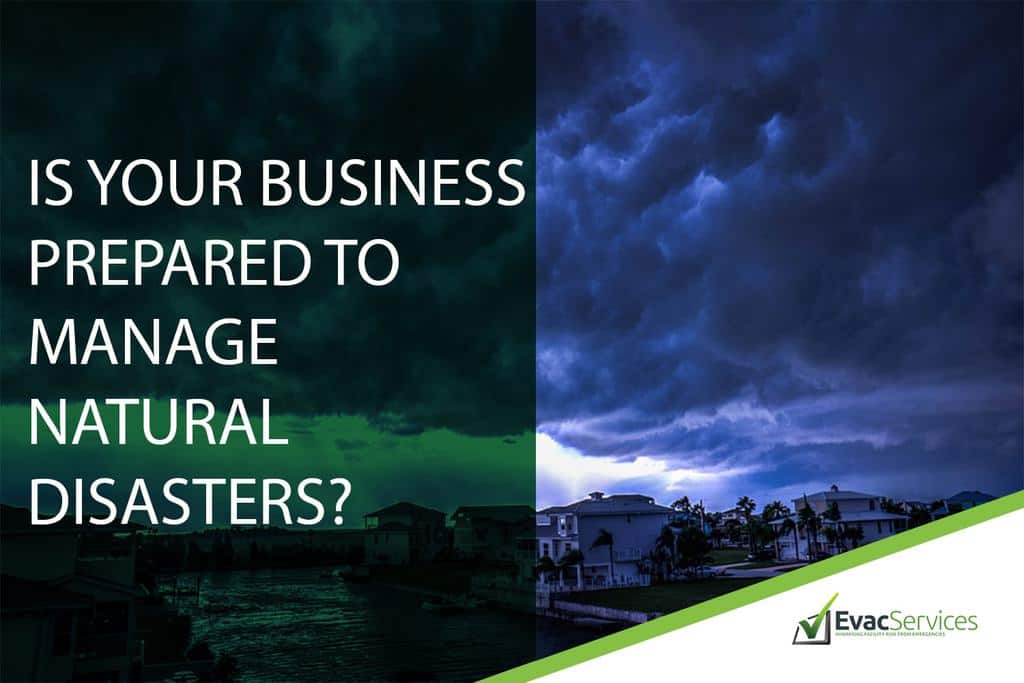
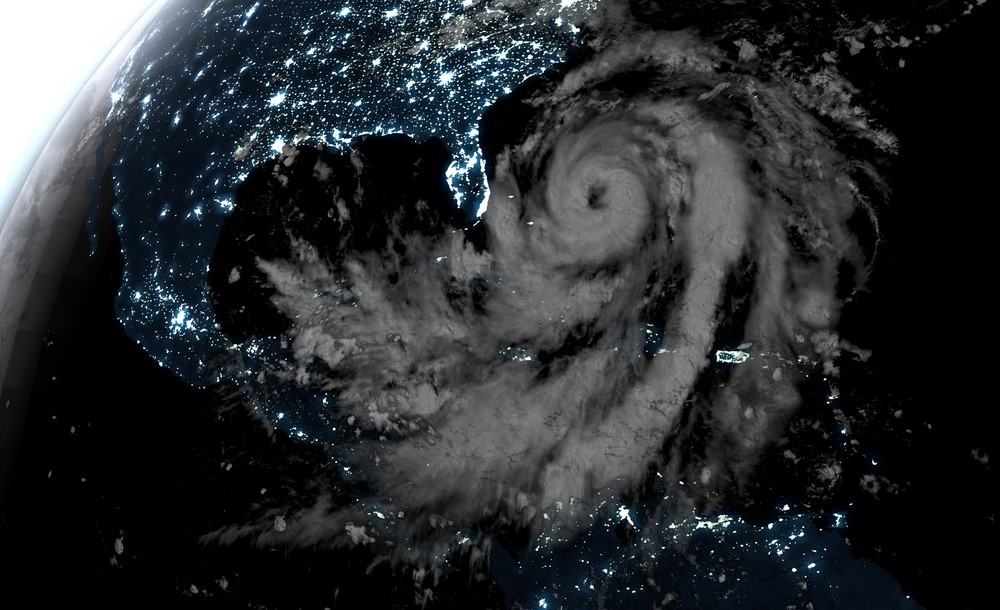


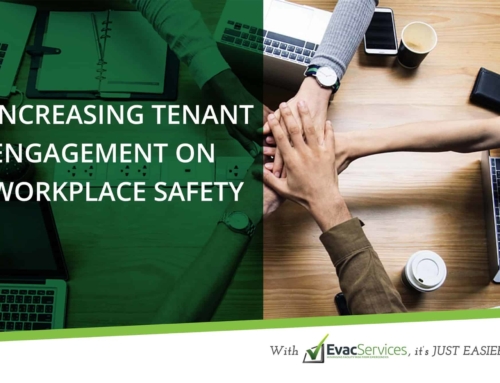
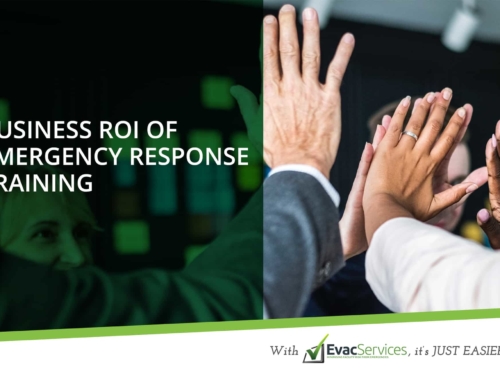
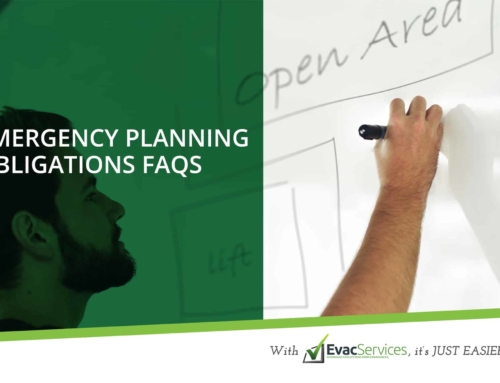
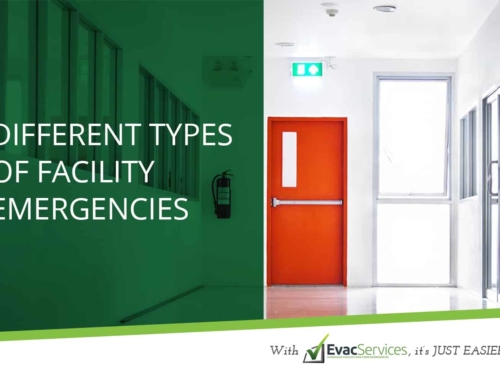
Leave A Comment